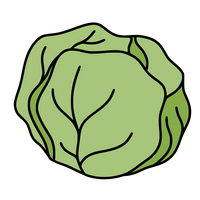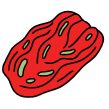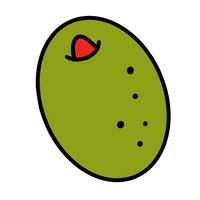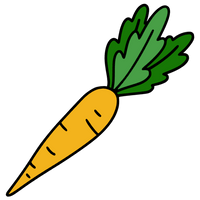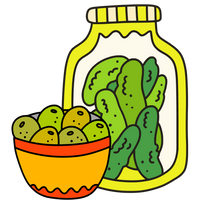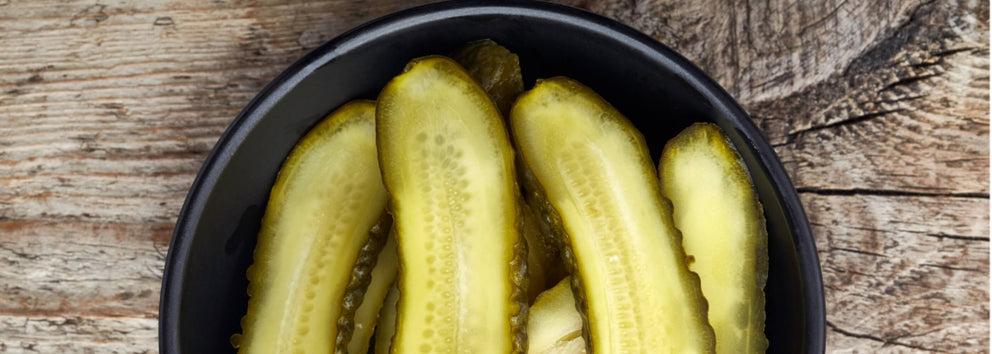
Science is only beginning to understand the role of the microbiome to the inner workings of our body.
A fascinating area of scientific study is the relationship between the brain and gut connection, specifically the link between the gut and mental health. The gut is home to the bulk of your microbiome—although it spans your body occupying space in your mouth, lungs and genitals, the immense colony of good bacteria called your microbiome primarily resides in your gut.
The colony is so vast that its weight in mass is about 3 pounds, coincidentally the same weight as your brain. As we’re learning, the relationship between the gut and brain is so interdependent that some claim the gut shares equal “command center” status as the brain.
This article draws from the metaphorically talented Guilia Enders’ fascinating and poetically authored book Gut: The Inside Story of Our Body’s Most Underrated Organ.
Enders describes the brain and gut connection, listing the various areas of the brain and what they are responsible for. The gut is able to send messages to several areas, and conversely not able to send messages to others. The “open channels” of communication between the gut and brain are:
AREA OF BRAIN --> AREA RESPONSIBLE FOR
- Insula --> Self Awareness
- Limbic System --> Emotion
- Prefrontal Cortex --> Mortality
- Amygdala --> Fear
- Hippocampus --> Memory
- Anterior Cingulate Cortex --> Motivation
The vagus nerve specifically is the main highway of communication between the brain and gut. The brain the most protected organ in our body, heavily protected by the skull and surrounded by a thick membrane. All blood to the brain is filtered prior to entry. By contrast, says Engers, “the gut is right in the thick of it. It knows all the molecules in the last meal we ate, inquisitively intercepts hormones as they swim around in the blood, inquires from immune cells what kind of day they’re having and listens attentively to the hum of the bacteria in the gut. It is able to tell the brain things about us it would never otherwise have an inkling of.” Thus, the brain depends on the gut for vital information about how we’re feeling. The gut must decide what to inform the brain of and if something is important enough, it’s “call it in” to the brain.
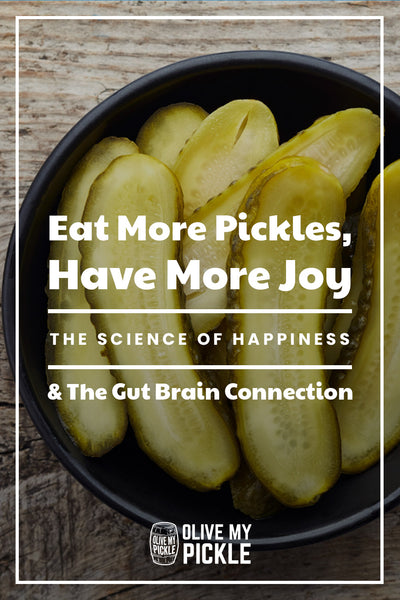
So what does all of this have to do with pickles?
That question was addressed in the 2015 research study Fermented Foods, Neuroticism, and Social Anxiety: An Interactive Model. To summarize the findings about probiotics for anxiety, researchers found that eating fermented foods, such as pickles, at a higher frequency was associated with fewer symptoms of social anxiety. In other (non scientific) words, pickles = happiness!
There is much more to learn about the fascinating relationship between the gut and brain, but one thing is clear: there is an undeniable link between the gut microbiome and mental health. A diverse microbiome, fortified by frequent intake of whole food probiotics like pickles, sauerkraut and kimchi, is a path towards a happier, healthier life due to the connection between probiotics and mental health.
Sources + References:
Enders, Guilia. Gut: The Inside Story of Our Body’s Most Underrated Organ. Canada: Publishers Group West, 2015. Print.
Hilimire, Matthew R., et al. “Fermented Foods, neuroticism, and social anxiety: An interactive model.” Psychiatry Research 228 (2015): 203-208.





